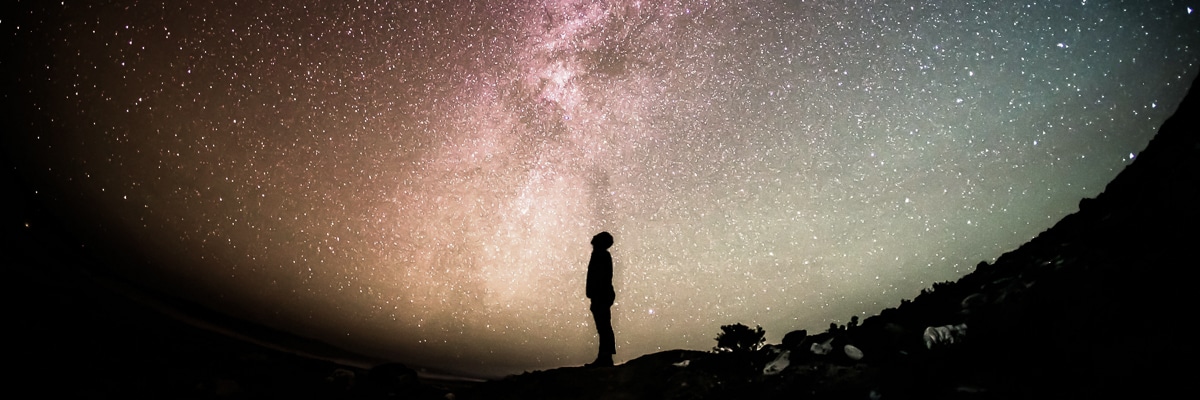
From the beginning of time until now, the entire creation, as we know, has been groaning in one great act of giving birth. —Romans 8:22
Father Richard Rohr writes of an evolutionary faith informed by Scripture and a foundational trust in God’s never-ending love and creativity:
In this passage, St. Paul seems to fully acknowledge evolution. It’s always seemed completely strange to me that there should be any resistance whatsoever to evolution or evolutionary thinking in Christian theology or practice. Christians should have been the first in line to recognize and cooperate with such a dynamic notion of God. But maybe many do not enjoy such a relational God—with all that implies—and have just met a “substance” they call God. A static notion of God makes everything else static too, including our very notions of spirituality, history, and religion.
If our God is both incarnate and implanted, both Christ and Holy Spirit, then an unfolding inner dynamism in all creation is not only certain, but also moving in a positive direction. If not, we would have to question the very efficacy, salvation, hope, and victory that the Christian gospel so generously promises. Foundational hope demands a foundational belief in a world that is still and always unfolding.
I believe that as “children of the resurrection” (Luke 20:36), we are both burdened and brightened by a cosmic and irrepressible hope—and we can never fully live up to it. We are both burdened and brightened with the gift of an optimism whose headwaters are neither rational, scientific, nor even provable to those who do not have it. Yet it ticks away from a deep place within us. [1]
Evolutionary thinking is actually contemplative thinking, because it leaves the full field of the future in God’s hands. It’s a way of thinking that agrees to hold the present humbly, with what it only tentatively knows for sure. For me, that’s true faith, and it’s the heart of the matter, because we no longer need a totally predictable outcome. I know it’s very hard to exist in such an uncertain place and most of us aren’t practiced in it. The Christianity handed down to many of us didn’t define faith in that way; it was a very static notion of time and knowledge. We didn’t have to participate in the organic movement in our own soul, in the soul of our marriage, our family, or our community.
The contemplative mind is an evolutionary mind, and I think it’s the mind of Christ. It allows the future to reveal itself, without present circumstances totally predicting it. We all need some degree of predictability, but in faith, I can live without certainty to some degree. Living in that tension, that in-between, could be called evolutionary thinking or it could be called trusting in deep time. I’m trusting there’s a deep river flowing. Even when not much is happening on the upper river, I still trust the deeper river. [2]
References:
[1] Adapted from Richard Rohr, introduction to ONEING 4, no. 2, Evolutionary Thinking (Fall 2016): 13, 14. Available as PDF download.
[2] Adapted from Richard Rohr, with Paul Swanson and Brie Stoner, “The Universal Christ in Action in Deep Time,” Another Name for Every Thing, season 3, ep. 9, (Albuquerque, NM: Center for Action and Contemplation, 2020), podcast. Available as MP3 audio download and PDF transcript.
Image credit and inspiration: Greg Rakozy, Untitled (detail), 2015, photo, United States, Unsplash. Click here to enlarge image. We stand awed by our contemplation of the cosmos and the science within it.
Story from Our Community:
I was raised as a traditional Roman Catholic. As a teen I began to question and then rebel against the narrowness of the teaching. My cynicism edged me towards agnosticism. It wasn’t until I went to college and studied science that I began to see evidence of the creator we call God. I saw how my neural network looks like a galaxy of stars, how hormones create a magic dance, how my body responds to breath, nutrition, and movement, and how the minerals in my bones are the same as stars. This was no happenstance or accident; this is divine love.
—Kristen G.




